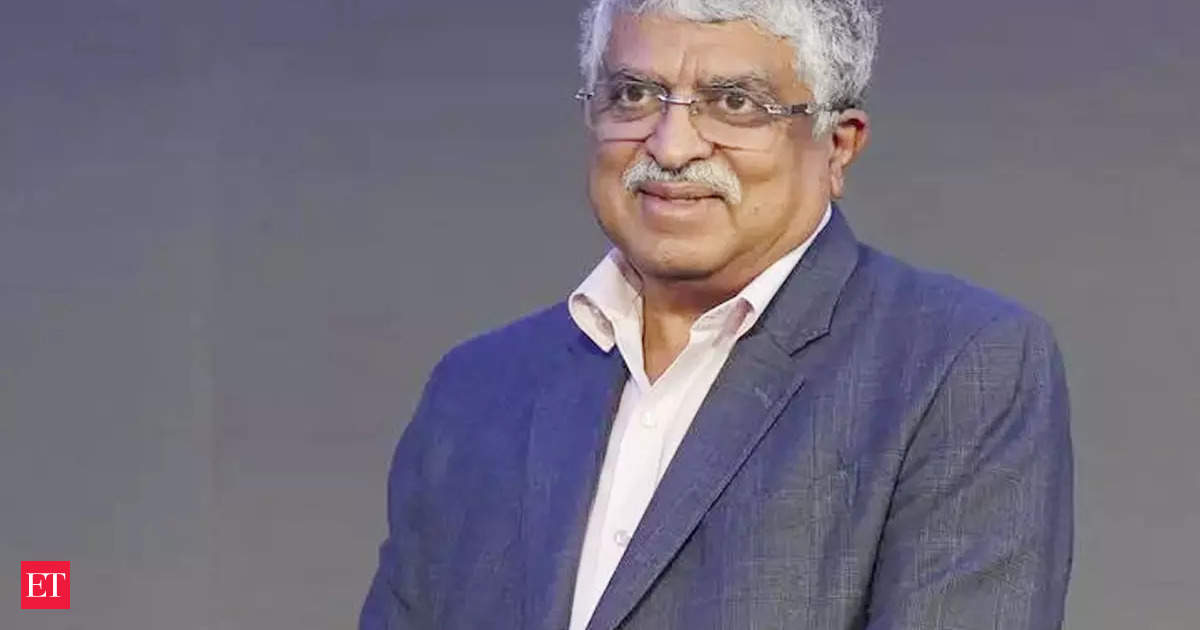Stay Calm: Nandan Nilekani, creator of Aadhaar, shares his perspective on DeepSeek and other AIs

Nandan Nilekani’s Insights on AI Development in India
During the Global Technology Summit hosted by the Ministry of External Affairs, Nandan Nilekani, a co-founder of Infosys, shared his thoughts on the current state of artificial intelligence (AI) in India. He expressed optimism about the country’s AI initiatives and encouraged a shift in focus towards scaling existing models, rather than lamenting the absence of larger AI projects like China’s DeepSeek.
The Current AI Landscape in India
Nilekani emphasized that India has created the Indian AI Mission, which is already working on smaller AI models. His statement advocated for a more proactive approach: “Now talks should be about scaling it up.” This calls for not just developing new technologies, but also enhancing and expanding what is already available.
Trusting Non-Human Intelligence
A notable point made by Nilekani was about the differences between past technological revolutions and the current one. He stated, “For the first time, we intend to place trust in non-human intelligence.” Historically, technology was straightforward—machines were predictable and deterministic. Now, with advancements in AI, we are delegating decision-making to robots and software, marking a significant shift in how we view technology’s role in our lives.
What Makes DeepSeek Significant?
DeepSeek, a low-cost, open-source AI model from a startup in China, has emerged as a critical player in the AI sector. Since its introduction in January, DeepSeek has reshaped competition among major tech companies like Baidu, Tencent, and Alibaba. These firms are now compelled to quicken their AI strategies in response to DeepSeek’s success.
Key Features of DeepSeek
- Cost-Effectiveness: DeepSeek’s reasoning model has matched the performance of prominent platforms like ChatGPT but at a fraction of the cost. The development was reportedly around $6 million, a stark contrast to the $540 million spent by OpenAI on ChatGPT.
- Efficiency: DeepSeek requires significantly fewer Graphics Processing Units (GPUs), leading to lower operational costs.
This technological breakthrough has resulted in dramatic shifts in market valuation, with American tech giants such as Nvidia, Meta, and Alphabet witnessing billions of dollars in value loss. Investors are reevaluating the economic landscape surrounding AI, emphasizing China’s growing influence in this field.
Impact on Major Tech Companies
The triumph of DeepSeek has not only accelerated innovation within China’s tech sector but has also raised questions about why India has yet to achieve similar heights in AI development. The disruption caused by DeepSeek has forced established players to reconsider their strategies. They are now investing heavily, rolling out products at a swifter pace, and moving toward open-source models to remain competitive.
Future Directions for AI in India
Considering the advancements showcased by DeepSeek, Indian technology leaders are encouraged to explore more aggressive AI initiatives. By capitalizing on current models and seeking to enhance their capabilities, India could carve out its own niche in the global AI arena.
Nandan Nilekani’s call for action emphasizes the importance of not just developing new technologies, but also the need to scale and improve existing ones. As AI continues to evolve, the focus should remain on fostering innovation that aligns with the rapid pace of change exemplified by DeepSeek and its impact on the sector.





